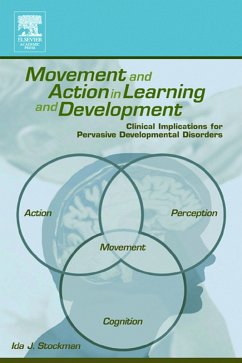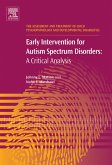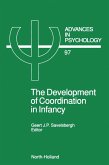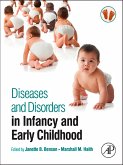This book presents theories and clinical practices for dealing with children diagnosed with pervasive developmental disability or PDD. These are children who have a wide range of disabilities that affect their participation in even the most routine events of daily life, such as eating, dressing, bathing, and so on. Unlike many who are diagnosed with classic autism, however, these children seem to have normal social behavior, normal physical appearance, the ability to learn, hear, see, and move their bodies at will-in other words, none of the well-known reasons that cause autistic and other children to develop differently. These children have the use of all their senses, but their brains are unable to process the information that is fed through them. While much new research is being done in genetics and neurobiology to explain why something in these children has gone fundamentally wrong with their development, clinicians and therapists who deal with them on a daily basis have needed to develop practical therapies based on how the children react to their environments.
Movement and Action in Learning and Development suggests that when therapists plan treatment strategies, children's experiences and interactions with the world should be given the same consideration as the limits of their biological makeups. Too often children diagnosed with PDD are lumped into therapy groups for the classically autistic, where the focus tends to be on the distance senses-hearing and vision. Case studies presented in the first half of the book suggest that for children with PDD, there is a disconnect between the brain and the tactile-kinesthetic senses that involve body movement and physical interaction with the world. Movement, in turn, seems to be connected to perception, interpretation of the world around, and ultimately, the acquisition of knowledge. For children with PDD, "normal" learning seems to be limited not only by their tactile-kinesthetic sense but also by the lack of collaboration between all the senses. The second half of the book demonstrates how these new theories translate into clinical practices.
Dieser Download kann aus rechtlichen Gründen nur mit Rechnungsadresse in A, B, BG, CY, CZ, D, DK, EW, E, FIN, F, GR, HR, H, IRL, I, LT, L, LR, M, NL, PL, P, R, S, SLO, SK ausgeliefert werden.









